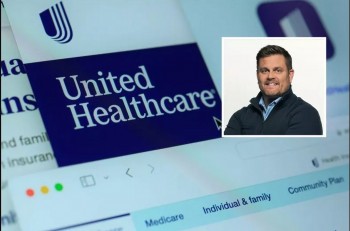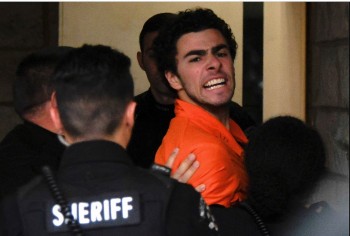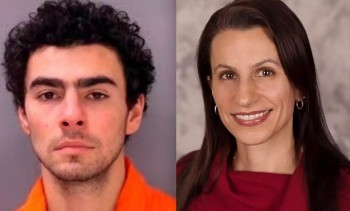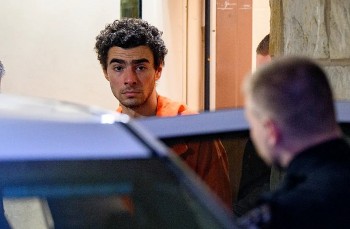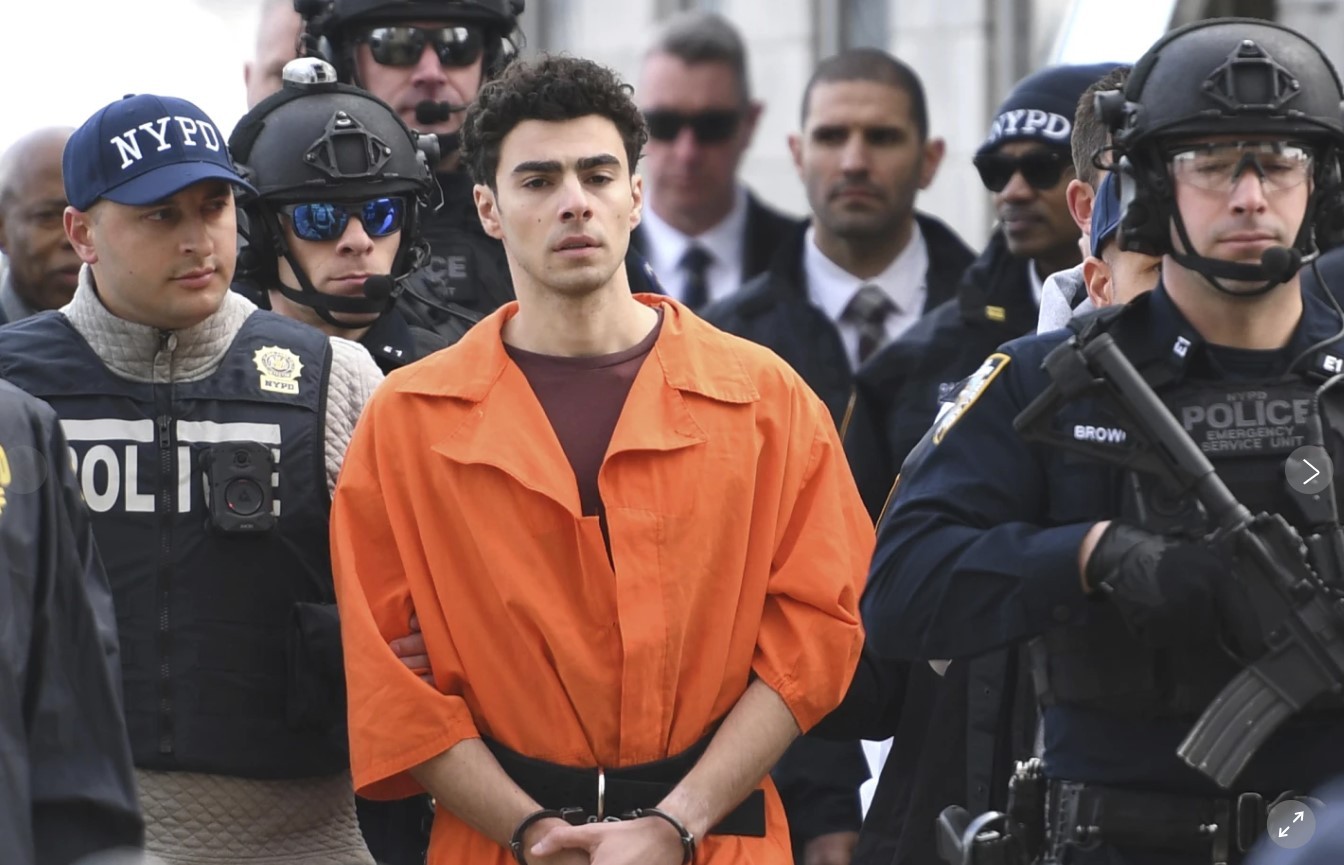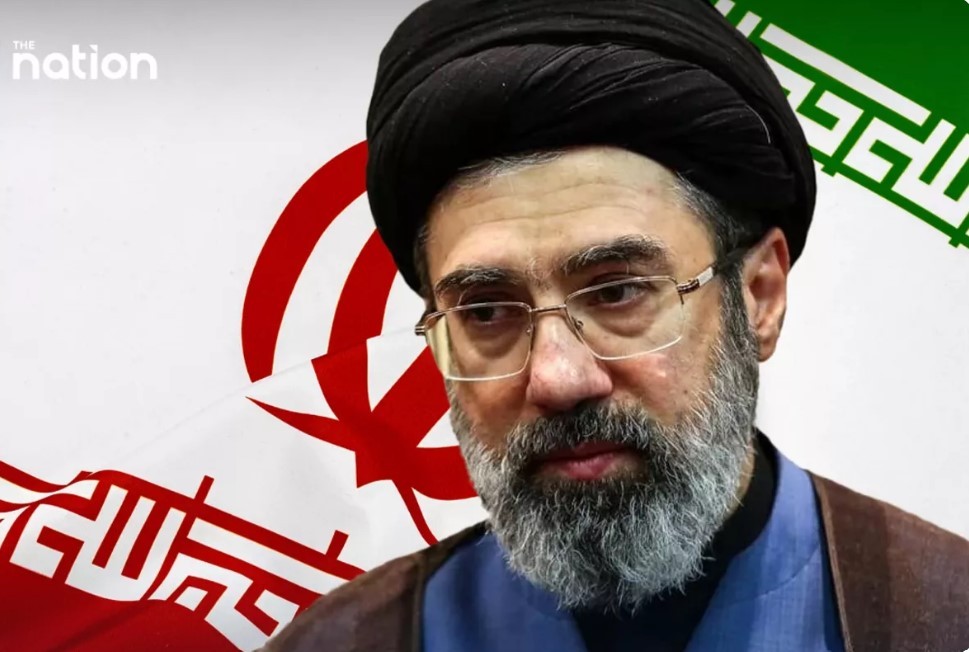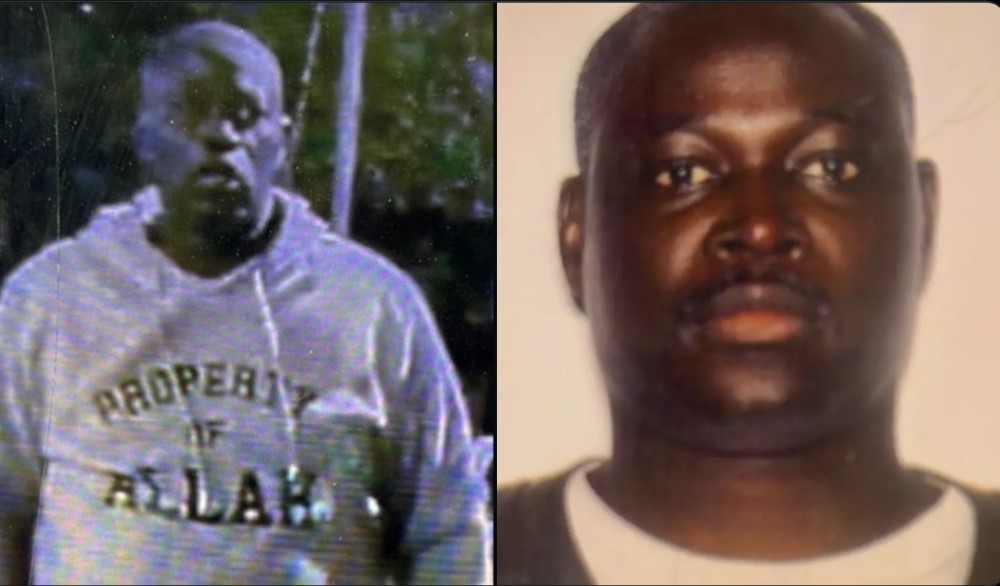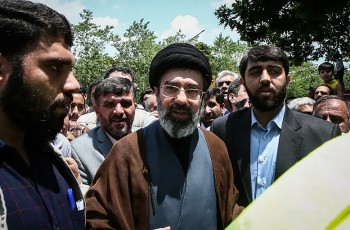New details emerge about Luigi Mangione: Indicted for Terrorism in the murder of UnitedHealthcare CEO
The shocking murder of UnitedHealthcare CEO Brian Thompson has taken a dramatic turn as Luigi Mangione, the accused killer, now faces charges of terrorism in addition to murder. This case has captivated the nation, drawing attention to the motivations behind the crime and the legal implications of the charges.
 |
A New York grand jury has indicted Luigi Mangione on terrorism charges related to the Dec. 4 killing of UnitedHealthcare CEO Brian Thompson.
The grand jury voted to indict Mangione on second-degree murder charges as a "crime of terrorism,"
Mangione is also charged with first-degree murder, which in New York is reserved for specific acts like the murder of police officers, murder-for-hire, killing a witness, or acts of terrorism. He also faces charges for possessing weapons and forged instruments.
“We allege that Luigi Mangione carried out the brazen, targeted and fatal shooting of United Healthcare CEO Brian Thompson in Midtown Manhattan," said Manhattan District Attorney Alvin Bragg in a statement issued on Dec. 17.
The Incident
On December 4, 2024, Brian Thompson was fatally shot outside a hotel in Midtown Manhattan, where his company was holding an investor meeting. The attack was described by police as a "brazen targeted attack." Thompson was gunned down in the early hours of the morning, and the incident quickly became a high-profile case due to Thompson's prominent position and the nature of the crime.
The Arrest
Luigi Mangione, a 26-year-old from Pennsylvania, was arrested on December 9, 2024, at a McDonald's in Altoona, PA. His arrest followed a nationwide manhunt that began shortly after the shooting. Mangione was identified as a suspect through surveillance footage and was apprehended after an employee at the fast-food restaurant recognized him from widely circulated images
Charges and Legal Proceedings
Initially, Mangione was charged with first-degree murder, second-degree criminal possession of a weapon, possession of a forged document, and third-degree criminal possession of a firearm. However, the charges have since been elevated to include terrorism. This shift in charges reflects the alleged motivations behind the crime and the broader implications of Mangione's actions
Motivations and Evidence
According to law enforcement officials, Mangione's actions were driven by a deep-seated disdain for health insurance companies, which he referred to as "parasitic." Writings recovered from Mangione's possession indicated that he had been fixated on UnitedHealthcare for months and had developed a plan to kill Thompson. One passage allegedly read, "What do you do? You whack the CEO at the annual parasitic bean-counter convention".
Mangione's motivations appear to be rooted in his personal experiences and grievances with the healthcare system. Despite not being a client of UnitedHealthcare, Mangione had expressed frustration with the company's practices and the broader health insurance industry. His writings and statements suggest that he viewed the attack as a form of retribution against what he perceived as corporate greed.
Legal Implications
The decision to charge Mangione with terrorism rather than solely murder has significant legal implications. Under New York law, terrorism charges can be applied to acts intended to intimidate or coerce a civilian population or influence government policy through intimidation or coercion. By framing the attack as an act of terrorism, prosecutors are highlighting the broader societal impact of Mangione's actions and the intent behind them
If convicted of terrorism, Mangione faces severe penalties, including life imprisonment without the possibility of parole. The terrorism charges also underscore the seriousness with which authorities are treating the case and their commitment to addressing acts of violence motivated by ideological beliefs
Public Reaction and Broader Impact
The murder of Brian Thompson and the subsequent charges against Mangione have sparked widespread public outrage and debate. The case has drawn attention to issues within the healthcare system, including claim denial rates and corporate practices. Some have used the incident to highlight perceived injustices within the industry, while others have condemned the violence and emphasized the need for constructive solutions.
UnitedHealthcare has responded to the incident by reaffirming its commitment to its clients and addressing concerns about its practices. In a statement, the company emphasized that it pays approximately 90% of medical claims upon submission and that any discrepancies are typically due to administrative errors or lack of coverage.
| The case of Luigi Mangione and the murder of Brian Thompson is a stark reminder of the potential consequences of deep-seated grievances and ideological motivations. As the legal proceedings continue, the focus will remain on the evidence presented and the broader implications of the charges. The outcome of this case will likely have lasting effects on both the legal landscape and public discourse surrounding corporate practices and accountability. |

